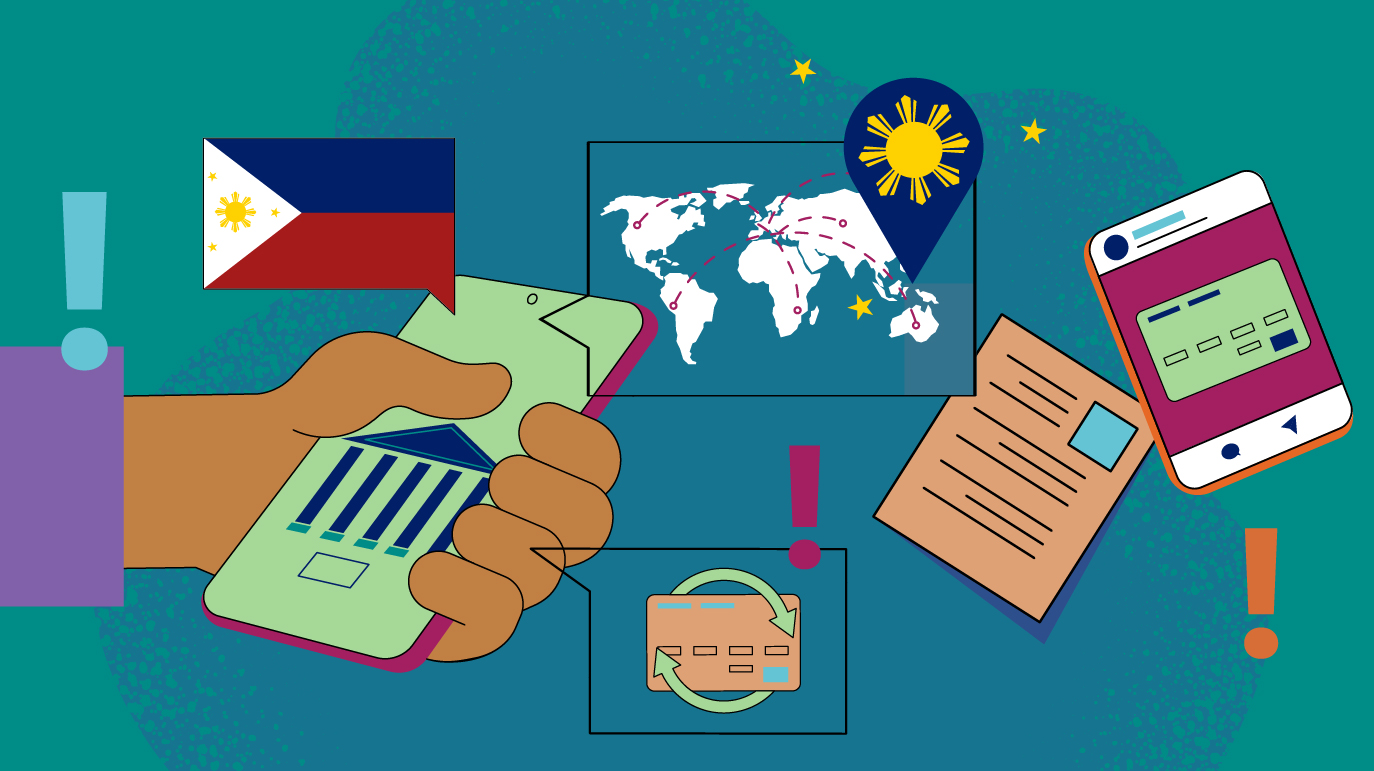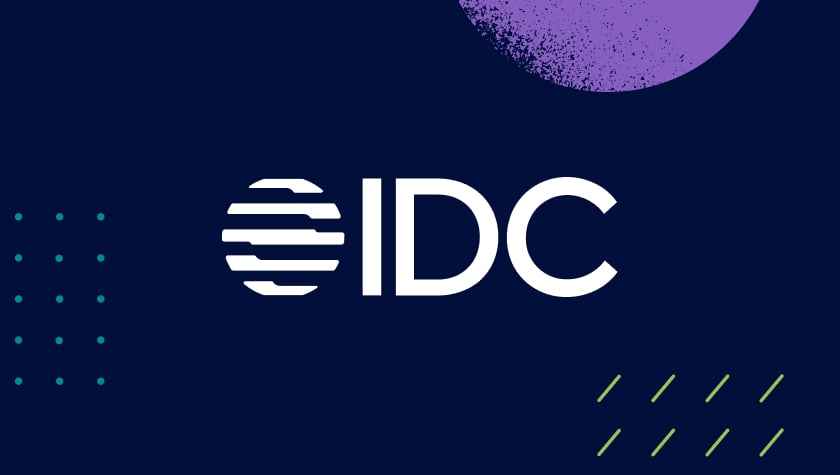
If you’re a risk management leader in the Philippines, Circular No. 1140 might keep you up at night. After all, it’s not every day that the Bango Sentral ng Philipines (BSP) passes sweeping regulations requiring banks to implement a new risk strategy in a few short months.
What are the requirements of Circular 1140, and when are they due?
Circular 1140, the new amendment to the Information Technology Risk Management Framework, requires banks to implement several features. Some of the most critical requirements involve:
- Integrating fraud and AML. Organizations must integrate fraud and anti-money laundering (AML) systems to provide a comprehensive financial crime prevention program.
- Securing real-time payments. Systems must be automated with real-time fraud monitoring and detection to identify suspicious or fraudulent online transactions.
- Becoming future-focused. Fraud systems must be robust enough to match the risks associated with each bank’s digital financial and payment platforms; they must adapt to emerging fraud and scam types.
- Investing in customer education. Organizations must educate customers as an essential defense against fraud.
- Continuous customer monitoring. This is necessary to accurately detect changes in customer behavior patterns.
- Omnichannel investment. Organizations must install an omnichannel solution that can collect, monitor, and analyze transactions from all channels into a single client view.
BSP’s Timeline for Circular 1140
Financial institutions must present their strategies to BSP beginning September 1, 2022. Fraud prevention and detection programs must be operational by December 31, 2022. While this is undoubtedly an aggressive timeline, there are compelling reasons for it.
What’s driving the change in fraud detection and prevention in the Philippines?
Regulators don’t impose comprehensive change in a vacuum. Several market factors have compelled this action. The most prominent are:
- Digital transformation. The pandemic forced a digital transformation that no one predicted. The sheer number of online transactions that banks process today provides unprecedented fraud opportunities. Criminals are happy to be the needle in the haystack that never gets detected – there was a 21% increase in credit card fraud in the Philippines.
- Digital banks. The BSP approved six digital banking licenses in 2021. In addition, existing banks are bolstering their digital banking to keep pace with the new entrants. Both new and existing banks will require fraud and financial crime prevention and detection strategies and programs to protect their customers.
- High-profile fraud cases. When banks prosecute fraudsters in high-profile cases splashed across global media, it’s safe to say fraud is a problem.
- Scams are on the rise. Phishing, vishing, and smishing scams continue to be a problem. Globe Telecom blocked over 138 million smishing scams, including more than nine million reported by its partner banks, and PLDT stopped 23 million smishing scams in just three days.
BSP’s Circular 1140 isn’t just about fraud and financial crime prevention; it’s also about growth
BSP’s Circular 1140 ushers in a new era of Philippine banking. While the task is extensive and might feel daunting, it presents a tremendous growth opportunity.
You have a choice to make. You can view this as simply a new regulation, tick the box, and continue as you were. But if you do that, you’re quite possibly missing out on one of the most impactful opportunities for growth you’ll ever get. Or, you can embrace the future of banking. How do you do that?
- Reassess your current system. Think multiple steps ahead. You have a chance to reassess your system, and this reset can do far more than just meet the regulation. Now is the time to develop a fraud strategy that feeds into your growth strategy.
- Increase operational efficiency. Look at risk across all channels. This is the time to break down silos and take a holistic, consolidated approach for maximum efficiency.
- Build for the bank you will be. Think about how you can set yourself up five or ten years down the road.
Change is disruptive, but it’s also the harbinger of opportunity. How you meet the requirements of Circular 1140 may very well define your place in banking for the next decade or more. Seize this moment.
If you are looking for a fraud solution that evolves with the latest financial crime trends, we’re ready to help you. Schedule a demo with our team today to see how our experts and our technology can help establish digital trust for you and your customers.
Share this article:
Related Posts
0 Comments6 Minutes
A Guide to Secure, Seamless User Authentication in Payments
Online payments demand a delicate balance between security and user experience. Consumers…
0 Comments7 Minutes
Combating Emerging Scams in the Philippines
The Philippines is witnessing remarkable growth in digital banking. Unfortunately, a…
0 Comments5 Minutes
Feedzai is a Leader in the 2024 IDC MarketScape for Enterprise Fraud Solutions
Exciting news! Feedzai, the world’s first RiskOps platform, is proud to have been named a…

